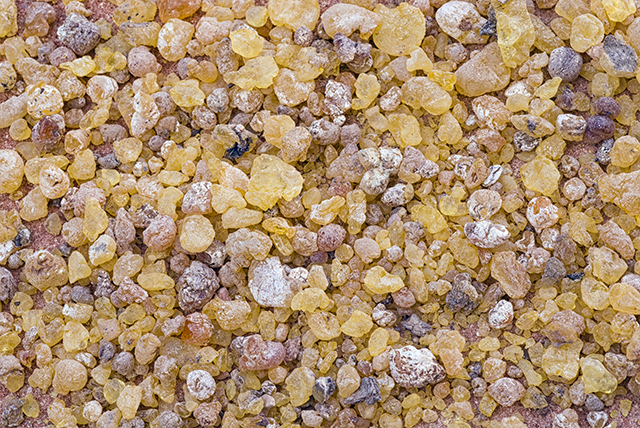Hyperbaric oxygen therapy cures woman of stage-4 cancer
06/02/2017 / By Earl Garcia
Hyperbaric oxygen therapy has picked up steam over the last few years as a number of studies have demonstrated that treatment’s many health benefits. In fact, the intervention was credited for the cancer remission of a New York-based woman.
Sabrina Gauer, a New York-based singer was 27 when she was diagnosed with stage-4 mouth cancer. The singer underwent intensive surgery in October 2015 to have part of her tongue removed and reconstructed to eliminate the aggressive oral squamous cell carcinoma tumor at the side of her tongue. The surgeons also removed 41 lymph nodes on the right side of her neck during the surgery that lasted six hours.
Gauer refused to undergo radiation therapy, as the intervention was associated with adverse short-term and long-term side effects such as hoarseness, difficulties in eating and drinking, dental problems and damage to the collar bone. Instead, the singer opted for hyperbaric oxygen therapy, a more natural approach in order to expel the remnants of the cancer. She underwent the procedure for six weeks, and was able to preserve her voice. Now at 28 years old, Gauer has been declared cancer-free since February of 2016, 20 months after the intervention.
In line with Gauer’s story, a number of studies have also demonstrated that hyperbaric oxygen therapy alone of in combination with other treatments may show potential in cancer management. For instance, a study in Clinical Radiology revealed that combining radiotherapy with hyperbaric oxygen treatment provided relief for patients with carcinoma of the colon and the rectum. The research team also noted a tumor size regression in all patients, eight of whom attained complete regression.
Another study published in the European Journal of Cardio-Thoracic Surgery showed that combined photodynamic therapy (PDT) and hyperbaric oxygen treatment resulted in reduced dysphagia-score and tumor-length in patients with carcinoma of the esophagus and the esophago-gastric junction. The researchers also noted that patients in the combination treatment had better median overall survival at 12 months, compared with the PDT group at only seven months.
This is how hyperbaric oxygen treatment works
Hyperbaric oxygen therapy involves sitting in a pressurized tank, which then produces oxygen for a certain period. Patients undergo the treatment several times a week over a two-month period.
“This type of method has been linked back to deep sea divers, with the heavy helmets. That’s how long ago we knew breathing good air helps your body. When you breathe oxygen under pressure, oxygen better dissolves into your blood stream and saturates into the body tissue. You need oxygen in cells for them to heal. Breathing under pressure helps get that oxygen to the cells quicker. Oxygen therapy gives the body the chance to heal itself,” Dian Brown, hyperbaric chamber technician at Jackson, Tennessee-based New Life Medical Group, explained in DailyMail.co.uk.
Hyperbaric chambers were pressurized at rates three times the normal air pressure levels. This equates to being 65 feet underwater. Exposure to a high-pressure environment prompts the lungs to gather larger volumes of oxygen. In turn, oxygen is being distributed to the rest of the body at a faster rate, accelerating the healing process.
Given its many health benefits, the use of hyperbaric oxygen treatment is poised to gain greater traction in the coming years. According to a Research and Market‘s report, hyperbaric oxygen therapy is slated to show an impressive compound annual growth rate during the forecast period 2016-2022. Increased incidence of acute and chronic wounds will play a major role in the treatment’s popularity, the report showed. (Related: Discover more news about medical cures at Cures.news.)
The report also noted that North America held 32 percent of the global market share for the intervention in 2014 alone. Europe holds the second largest global market share for hyperbaric oxygen treatment.
Sources include:
Tagged Under: cancer, Colorectal Cancer, hyperbaric oxygen therapy, oral cancer, oxygen




















